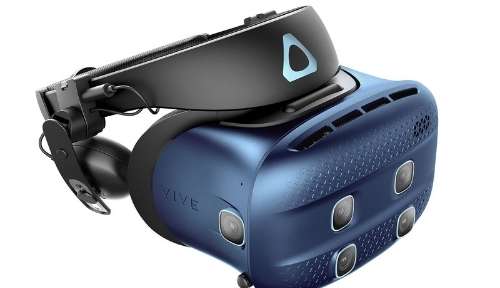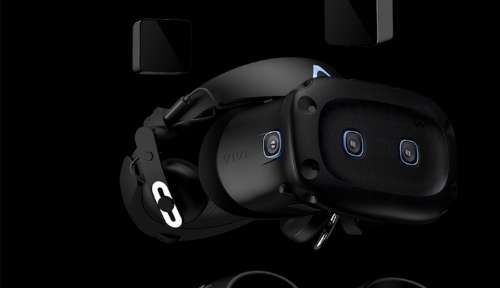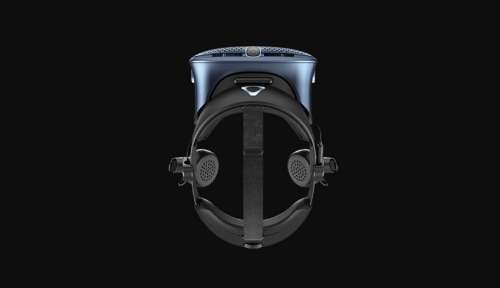Back in January 2022, Microsoft announced plans to acquire gaming giants Activision Blizzard. The staggering $69 billion deal would radically shake up the gaming industry and the proposed purchase price set a record for being five times bigger than the previous largest gaming company acquisition.
From the moment the deal was first announced, it was clear the proposed acquisition would create such a large company that it would dramatically impact competition in the gaming industry. Bringing Activision Blizzard into the Microsoft stable would create the third-largest gaming company after Sony and Tencent.
But earlier this year, the deal hit the rocks. The UK Competition and Markets Authority (CMA) blocked the purchase. It was expected the potential sticking point could be “Call of Duty”. By taking ownership of the best-selling cross-platform title, Microsoft could influence console sales by preventing releases on the PlayStation. However, Microsoft had set some sold guarantees, ensuring CoD would remain on other devices for at least a decade.
The actual block was centred around cloud gaming was also an issue for the CMA. The CMA’s fears were the combined businesses could block competition in this growing area of the gaming industry,
In the world of VR, there was hope that the acquisition could stimulate developments both in terms of technology and content. The initial announcement came at the height of metaverse fever, and some speculated the deal could lead to Microsoft creating a full VR ecosystem.
Let’s delve into the recent CMA announcement and find out what’s changed in the deal and what this now means for the market.
The Last Major Hurdle
The Microsoft Activision Blizzard deal faced challenges from regulators in the UK, EU, and United States. Back in April, the CMA in the UK rejected the deal in its existing state.
A few weeks later, the European Union became the first of the major regulators to approve the deal. This came after Microsoft made concessions to the EU.
Despite EU regulatory approval, the CMA held its position that the deal would mean Microsoft could “set terms and conditions for this market for the next ten years.”
But the UK wasn’t the only country standing in the way of Microsoft’s plans. The Federal Trade Commission (FTC) in the U.S. was attempting to block the takeover. This all changed in July, when judges ruled against the FTC, giving Microsoft the go-ahead.
Then, in July, the CMA offered a glimmer of hope, stating it would consider a revised acquisition. Since then, Microsoft has since offered several concessions in an effort to appease the CMA. These were all focused on divesting Activision cloud rights to Ubisoft.
What Does the Restructured Deal Look Like?
Microsoft made a second attempt at getting the deal through in August. The new offer guarantees Call of Duty would remain available on rival consoles, and that Activision titles would be available on competitor’s streaming services.
The CMA has now approved the deal.
The concession allows Ubisoft to offer Activision games under any business model, including multigame subscription services. Under the revised proposals, cloud gaming providers can use non-windows operating systems to access Activision content.
This means Microsoft won’t acquire cloud rights for any of the back catalogue of Activision games—or for any released over the next 15 years.
These changes effectively prevent Microsoft from blocking cloud gaming competition while this market grows. The CMA says this will “preserve competitive prices and services for UK cloud gaming customers”. CMA CEO Sarah Cardell said, “…we’ve made sure Microsoft can’t have a stranglehold over this important and rapidly developing market.”
Cloud gaming uses a similar model to Netflix or Amazon Prime, where users pay subscriptions to stream from a library of content.
What Else Did the CMA Say?
Although the deal has been approved in the UK, the CMA’s Sarah Cardell took the time to call Microsoft out, saying, “Businesses and their advisors should be in not doubt that the tactics employed by Microsoft and no way to engage with the CMA.”
The statement went on to point out that Microsoft had opportunities to restructure the deal earlier, but the continued instance on measures that wouldn’t work wasted time and money.
Since the deal was announced, Microsoft appeared keen to show competitors and regulators that it wouldn’t go down the exclusivity route. In February, Microsoft made a deal that would see Xbox games appearing on Nvida’s cloud service, that Nintendo will see full versions of Call of Duty releases on the same as the Xbox, and that CoD would remain available on the PlayStation.
Will This Benefit VR?
While talk around the deal hasn’t really touched on VR, it’s hoped that the acquisition could open up the possibility of lots of great Xbox titles making their way onto VR. Within the newly broadened game stable, many legacy franchises could become popular VR titles.
That said, although the revised deal puts more emphasis on cross-platform releases, Xbox doesn’t have a headset yet, and there hasn’t been any announcement about one. With this being the case, would Microsoft develop VR versions of their most popular games without their own headsets available? This could be the impetus needed for Microsoft to develop an Xbox equivalent of the PSVR 2.
Whether we see legacy games getting a VR release or not, the deal will likely still stoke innovation, which should incorporate mixed reality.







